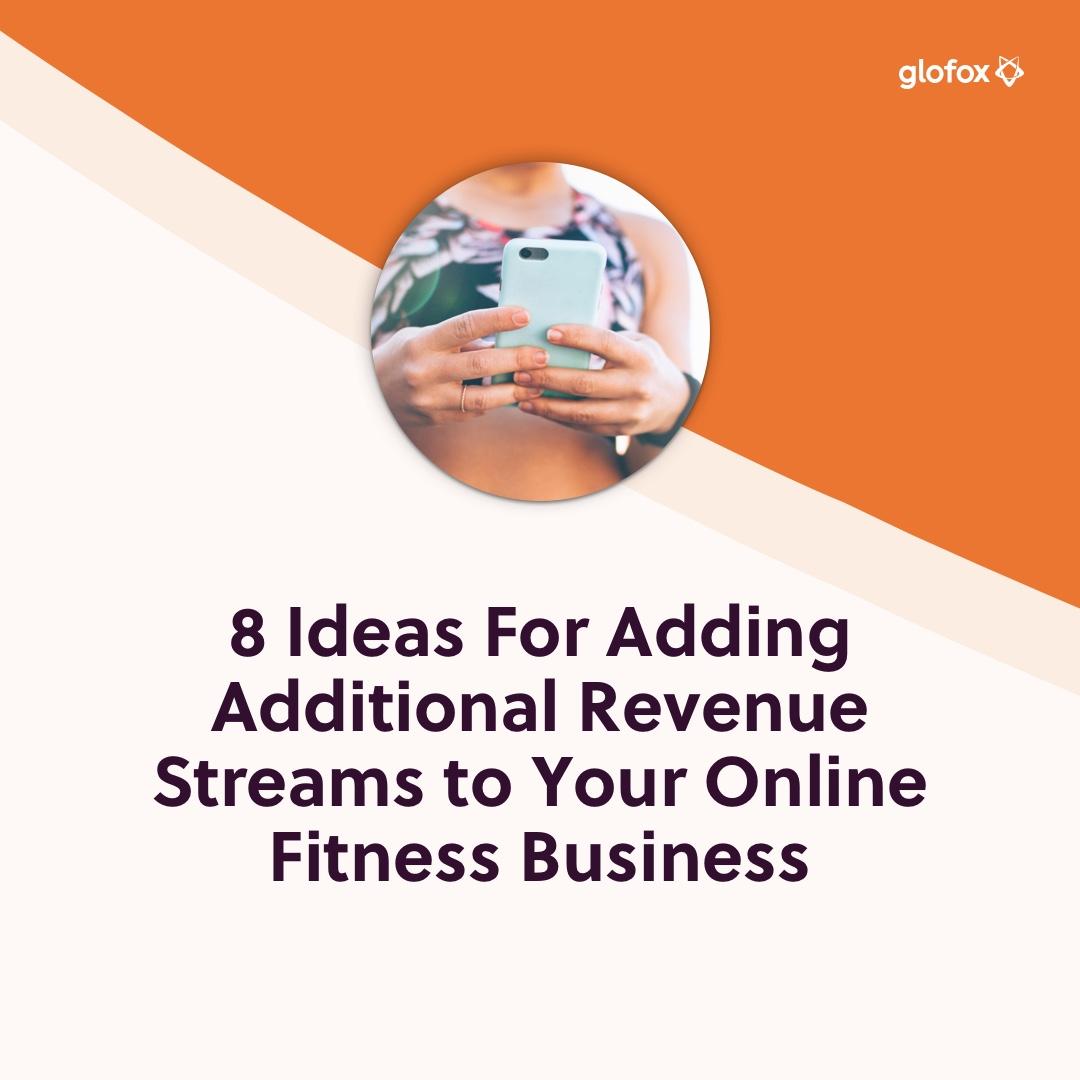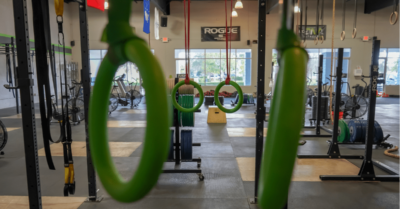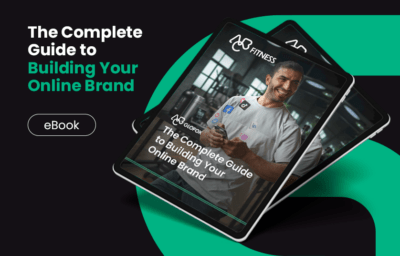We’re living in uncertain times, and it will be a while before we’re able to return to complete normality. To a degree, lockdown measures across certain parts of the world may soon lift, so you could be reopening your gym doors sooner than you’d think.
Reports indicate that this won’t mean business as usual. As studios get the green light to open back up, they can expect to be following strict social distancing guidelines, cleaning protocols, and generally operating on a minimal basis.
And while you must be ready to reopen in the near future, we also know that long-term, COVID-19 has changed the course of the fitness industry for good. We can expect the new “normal” to reflect a combination of digital and real-life offerings from gyms and studios. You’ll need to be ready across all aspects of your business to deliver, and now is the perfect time to prepare.
In this article, we’ll outline five ways you can use your time now to improve your business for the future.
Making the Most of Your Time
Much like when your gym is open – planning, promoting, and running your (now online) business is time-consuming in itself. But right now, it’s likely that you have more free time on your hands than usual: less socializing, less time commuting, and less time maintaining your physical studio and equipment.
So – make the most of it! Below, we’ve outlined five areas to focus on that will help you do just that. We’ll also include links to some specific resources for when you’re ready to develop your plan for each section. Skip ahead to:
- Re-Evaluate Your Finances
- Strengthen Your Brand
- Upskill Your Team
- Create Additional Income for Now and Beyond
- Plan a Strategy for the Hybrid Future of Fitness
1. Re-Evaluate Your Finances
COVID-19 has hit our global economies hard, and as a result, we’ll likely experience some form of recession in the coming year. While pivoting your business to provide a totally digital member experience is essential to your survival, you’ll also need to factor new elements into your financial planning moving forward.
In episode 23 of The Fitness Founders Podcast, we spoke with Andrea Hovel co-owner of Healthier Bookkeeping, an accounting company that works explicitly with fitness businesses.
During this episode, Andrea shares expert advice on how to avoid financial pitfalls and the three primary financial statements you need to understand in business:
- The balance sheet
- Profit and loss statement
- The Cash flow statement
Starting with these three statements will give you an understanding of your finances, and you’ll be able to see where you need to make adjustments for the future. When broken down, each statement is quite simple to understand, so let’s take a quick look:
A balance sheet is an overview of how your business is currently performing. It consists of what you own, what you owe, and anything leftover. This statement shows your overall growth.
Your profit and loss statement outlines what your business earns vs. its spending and will highlight what cash your business generates each month.
The cash flow statement is similar to your profit and loss statements but includes other expenses, including staff wages and tax payments.
Right now, everything looks very different from how it did at the start of the year. You’ll need to adjust targets, restructure your team, and even negotiate any leases you may have to maximize revenue. And you need to do this sooner rather than later, so you’re prepared. In our recent blog, Financially Planning For Your Future During Coronavirus, we discuss these areas along with some additional steps you can take to strengthen your finances for the future successfully.
2. Strengthen Your Brand
The vast majority of fitness businesses around the world have quickly adapted to take their workouts online. But the truth is, people won’t look back and recall the virtual classes they took during the lockdown. You need to step up and do more to differentiate not your workouts but your brand at this time.
In the article Strengthening Your Brand During Coronavirus, we detail the different ways you can do this for your studio. Each section includes an actionable example to inspire your ideas, one of which is raising money for a charity. An event like this brings your members together for a reason that extends beyond exercise alone – it’s a reason to socialize and get behind a good cause and ultimately, your brand will be stepping up and giving back to the community.
Another great resource on this area comes from Stuart Brauer, micro gym owner and founder of WTF Gym Talk. In this YouTube video, Stuart dives into the topic and provides some great ideas that you can implement for your brand now.
With examples including Gymshark, Under Armour, and Unilever, many brands are contributing more than their product or service alone right now. It makes sense for you to step up and do the same – your community will remember your actions.
The Customer
Engagement Playbook
for Your Fitness
Business
Discover more 3. Upskill Your Team
As long as your business is still turning a profit, now is a great time to explore new and more efficient ways to best use your team.
You’ll need to plan, host, and market your online classes, drive sales to acquire new members, and check-in with members to keep them on track and boost your retention.
And so classes aside – there are lots of roles your team can take on to generate revenue for the business. In a recent episode of The Fitness Founders Podcast, we spoke about driving revenue online with Alex Hormozi, founder of Gym Launch. Alex highlights that anyone in your team who isn’t using their time to plan and teach classes needs to split their day in two to focus on sales and retention:
Half of their time will be spent calling potential new leads or following up with existing ones. The rest of their day should be spent checking-in with members – advice that is also echoed by Brittany Welk In episode 25 of our podcast. Brittany is the founder of LadyStrong Fitness and has brought her studio online with 100% retention. Every day, she has a dedicated member of staff who makes accountability calls to all of the studio’s members to keep retention high.
While the obvious tasks you delegate to your trainers will involve planning and leading online classes, there’s more to your business than workouts alone.
4. Create Additional Income for Now and Beyond
Right now, people have more time and money than ever. It’s the perfect opportunity to get creative with new ways to deliver value to both your existing and potential members. Plus, the ideas that you’re able to get off the ground while you have free time now can continue to provide extra revenue for years to come.
As your business is entirely online for the moment, we’ll start there, because you can add anything to your online store and sell it. Consider creating workout guides, recipe books, and selling equipment bundles to help your members stay on track during the lockdown. Again, getting this in place now means one less thing you’ll have to find time to implement when your studio is open again.
Workshops are another additional source of revenue that can work both in-person and online. When your doors are open, you can hold them at your studio, and while you’re online, you can host a webinar in the same way that you stream your classes.
Come up with some topic ideas and ask people for feedback or suggestions on what they’d like to learn about. Workshops create a win-win scenario for both your business and members: you unlock an additional stream of revenue; they learn about an area they’re interested in among like-minded people. For workshop topic ideas and further inspiration on additional income, check out this blog with 8 Ideas For Adding Additional Revenue Streams to Your Online Fitness Business.
5. Plan a Strategy for the Hybrid Future of Fitness
We know that the future of the fitness industry will comprise both online and in-person workouts: virtual classes are here to stay because people will expect to have them as an option. When the time comes for reopening your studio, you’ll be funneling efforts into getting everything up and running again, but you can’t afford to let your online offering slide in the meantime.
By the time we reach this point, you will have experienced running both an online and physical gym separately, and you’ll need a strategy for combining them. Ideally, you want to provide a consistent service both online and in-person, so you’re able to keep you pricing the same and offer memberships that combine both options. You don’t want to pit your online/in-studio services against each other.
When it emerges, the hybrid studio model will be completely new, and so the ‘right’ approach will look different for every business. Perhaps resources are best spent dedicating one or two of your trainers to running live classes. Or maybe, you’ll find you’re able to combine both by live-streaming every class that you run in the studio.
The additional revenue streams you implement now will also play a role, especially with the example of your online store. Growing the online side of your business could mean creating complete 6-week home guides that offer different results, or can be purchased as part of an online equipment, workout, and meal plan pack.
Come up with a few examples of how you might run in the future. Think about different options for your online and offline services, whether it’s packages or valuable resources, and ask your members for feedback or suggestions. Listening to your customers is one of the best insights you can have when considering a big business change.
In Summary
Moving your business online, and doing it well, is crucial to your fitness business surviving COVID-19. But survival is one thing, and coming out stronger is another.
There’s a lot to think about – and it’s time to consider what this future could look like for your studio.
To improve your business in the long-run, you need to make the most of your time now.



















